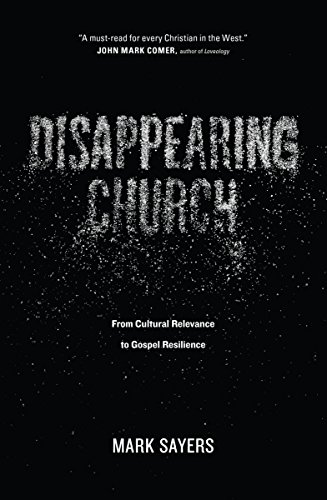It was a great idea.
“Let’s buy them some food & coffee, they don’t expect it, they are working hard, it will be a real encouragement to them.” Said my wife, I quickly added, “and we can make a sign saying, ‘with love from Meta’ (our church name)”
That way I thought to myself, they would know where the love is coming from. We could get a possible ‘return on the investment’, people in the neighborhood would start to see how kind and generous we are, they would appreciate us more and want to be a part of what we are doing, this is “relational entrepreneurship” at it’s finest, who could fault this kind of thinking, it’s a win for everyone, these blissful thoughts continued to fill my mind, as I envisioned what the card might look like. My wife didn’t seem as convinced as me. Then like a party ruining rain cloud the words of Jesus drenched my mind.
“But when you give to someone in need, don’t let your left hand know what your right hand is doing. Give your gifts in private, and your Father, who sees everything, will reward you.”
Well, that kind of talk doesn’t help me get the publicity I need to build this church! That is precisely Jesus’ point. The Good news of Jesus has nothing to do with self-glory. Healthy churches serve in the shadows. Self-glory is the opposite of God’s glory and when it comes to following Jesus individually and as a community, you can’t have both. Christianity is bad for business but it’s great for life.






5 Responses
This is similar to something I am hearing right now watching the webcast of TD Jakes’ event in Dallas this weekend! Thx for sharing!
Dennis, I think you’re striking on a huge tension in the Western church. It’s a reflection of a problem for every church at every time – how much do you plug into the culture to be relevant (example: having priests speak the local dialect rather than Latin from the pulpit was absolutely necessary) without becoming absorbed into the culture? Without making the culture an idol before God?
What you’re wrestling with here is Consumerism. We’re taught to buy and trade, to think “business”. I mean, how often does that seep into even our personal relationships? And where you got I think was the “irrational rationality” of Christ! Give without return. And it’s tough, especially when you’re trying to build a church… But then, I think an ancillary teaching here too is learning to rely on God more and more.
And even then… how do you get to the point of giving without thought of return? How do you get to the point of being willing to die to yourself? How do you get away from that oh-so-Western mentality of virtuousness actually being a selfish act?
Great questions, on the one hand, if you really believe in something you want to “get the word out” about it. The disciples of Jesus spread the good news about Jesus to the corners of the world, not because they were quiet about their faith. “Let everyone know”, says Peter “that this blind man has been healed in Jesus name!” But on the other hand I think we as Christians subtlety but tragically shift our allegiances from Christ to the empires we are building in his name. The shift in some cases is almost imperceptible, but this tiny alteration of course over time, becomes like the great ships of the sea that head out slightly off course and land in completely the wrong harbor by journey’s end.
I think part of that shift “from Christ to the empires we are building in his name” lies in a reliance to do it ourselves. We seek to muscle it. For example, to build our churches we seek to advertise in a way to make it more accessible to people. This is good – our churches should be our family (hence ekklesia) – but like you’re saying I think we prioritize the MEANS (eg. advertising, “selling”, etc.) over the WHY. If that makes sense.
Totally makes sense, I have been thinking a lot lately about how the church needs less strategy not more now a days. It will probably be another blog post in coming days.